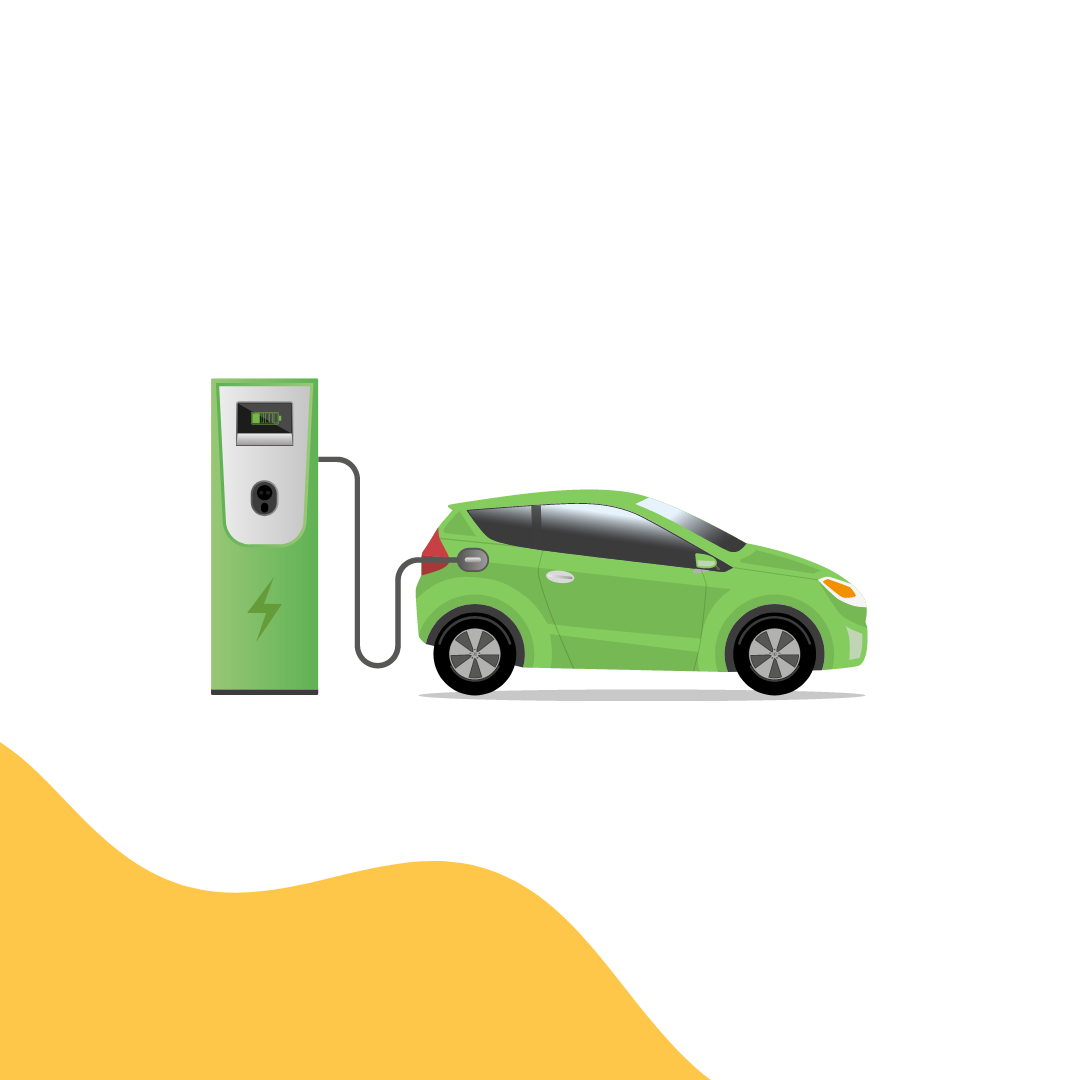How New Tax Ruling Affects Small Businesses Using Double-Cab Pickups
Attention small business owners who use double-cab pickups! A recent tax ruling significantly impacts how these vehicles are classified for tax purposes.
Previously considered vans, double-cab pickups with a payload of one tonne or more will now be taxed as cars from July 1st, 2024. This means higher taxes for both businesses and employees who use them.
What does this mean for you?
Increased tax burden: You'll face higher Benefit-in-Kind (BIK) tax rates and potentially reduced tax relief for claiming capital allowances and reclaiming VAT.
Careful record-keeping: If you use the vehicle for both business and personal purposes (mixed use), you'll need to meticulously track and report the private usage portion to minimise VAT charges and calculate BIK tax based on vehicle emissions and value.
However, there are some ways to mitigate the impact:
Transition to electric vehicles (EVs): While practicality and availability might be concerns, EVs offer significant tax advantages like Enhanced Capital Allowances, lower BIK rates, and eligibility for the Zero Emissions Goods Vehicle Grant.
Maintain clear records: Document and demonstrate the intended primary use of your pickup to HMRC through clear vehicle usage agreements.
Seek professional advice: Given the complexity of the situation, consulting with a tax advisor specialising in small businesses can help you navigate the new regulations and explore other potential strategies.
Remember:
Owners who acquired their pickups before July 1st, 2024, can benefit from the current tax rules until April 5th, 2028 or vehicle sale, whichever comes first.
This ruling signifies a significant shift in how double-cab pickups are treated for tax purposes. Carefully assessing your tax strategy and exploring alternative options like EVs might be crucial for your business moving forward.



